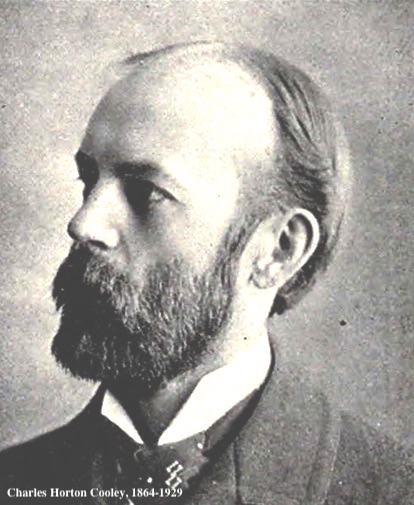眼鏡(めがね)としての文化
Cultue as "Predudice lens"

眼鏡(めがね)としての文化
Cultue as "Predudice lens"

解説:池田光穂
人間は素直に(=普遍的に)身の回りの社会の出来事を受け入れることができない。
人間が世界をみるのは、ある種の眼鏡のようなもので、それが文化によって異なる。
レンズには、偏見を助長するドクサ(臆見・おくけん)としての機能がある。しかし、レンズなしに、ものごとをみることもできない。
レンズを外して事物を素直にみることができないが、多種のレンズを通してみること(=異文化比較)で、偏りを軽減することができる。
There is another circumstance that has made the serious study of custom a late and often a half-heartedly pursued discipline, and 'it is a difficulty harder to surmount than those of which we have just spoken. Custom did not challenge the attention of social theorists because it was the very stuff of their own thinking : it was the lens without which they could not see at all. Precisely in proportion as it was fundamental, it had its existence outside the field of conscious attention. There is nothing mystical about this blindness. When a student has assembled the vast data for a study of international credits, or of the process of learning, or of narcissism as a factor in psycho- neuroses, it is through and in this body of data that the economist or the psychologist or the psychiatrist operates. He does not reckon with the fact of other social arrangements where all the factors, it may be, are differently arranged. He does not reckon, that is, with cultural conditioning. He sees the trait he is studying as having known and inevitable manifestations, and he projects these as absolute because they are all the materials he has to think with. He identifies local attitudes of the 1930’s with Human Nature, the description of them with Economics or Psychology.- The Science of Custom, pp.6-7
「慣習の本格的な研究を,後発の、そしてしばしば中途半端な学問としたもう一つの事情 がある。慣習が社会理論家たちの注意を引かなかったのは、慣習が彼ら自身の思考そのものであったからである。慣習が基本的なものであるのと比例して、慣習は意識的な注意の領域の外に存在していたのである。レンズ(メガネ)がなければ、何も見えないのだ。 この盲目は神秘的なものではない。経済学者や心理学者や精神科医が活動するのは、国際債権や学習過程、あるいは精神神経症の要因としてのナルシシズムにつ いての研究のために、学生が膨大なデータを集めたときである。経済学者や心理学者や精神科医は、このようなデータを通して、またそのデータに基づいて行動 するのである。つまり、文化的条件付けを考慮しないのである。彼は、自分が研究している特性には既知の必然的な症状があると考え、それを絶対的なものとし て投影する。彼は、1930年代の地域的態度を人間本性、その記述を経済学や心理学と同一視する。」——ルース・ベネディクト『文化の型』1934年
"A self-idea of this sort seems to have three principal elements: the imagination of our appearance to the other person; the imagination of his [sic] judgment of that appearance, and some sort of self-feeling, such as pride or mortification (p. 184)." - Charles Cooley's (1922) idea of the looking glass self (LGS) - . Human nature and the social order / by Charles Horton Cooley
この種の自己が抱く考えや理念には3つの主要な要素があるように思われる:(1)相手に対する自分の外見の想像、(2)その外見に対する相手で
ある彼[ママ]判断の想像、そして(3)プライドや憮然といった何らかの自己感情である——チャールズ・ホートン・クーリー(Charles
Horton Cooley, 1864-1929)
リンク
文献
Copyleft, CC, Mitzub'ixi Quq Chi'j, 1996-2099